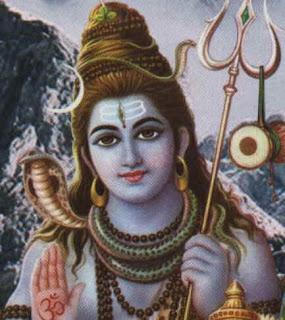Karva Chauth

Karva Chauth To celebrate the one you love. To honour the one you forever want to be with. A day of love, honour and respect, firmly tied with the strings of a prayer. “Karva Cahuth”. Karwa is another word for pot (a small earthen pot of water) and chauth means 'fourth' in Hindi (a reference to the fact that the festival falls on the fourth day of the dark-fortnight, or krishna paksh, of the month of Kartik). Karwa Chauth is an annual one-day festival celebrated by Hindu women. Mythological Significance The Story of Queen Veeravati A long long time ago, there lived a beautiful princess named Veeravati. The only sister of seven loving brothers, she was married to a king. On the occasion of her first Karva Chauth after her marriage, she went to her parents' house. After sunrise, she observed a strict fast. However, the queen couldn't stand the rigors method of fasting and was desperately waiting for the moon to rise. The seven brothers who loved her dearly,...
